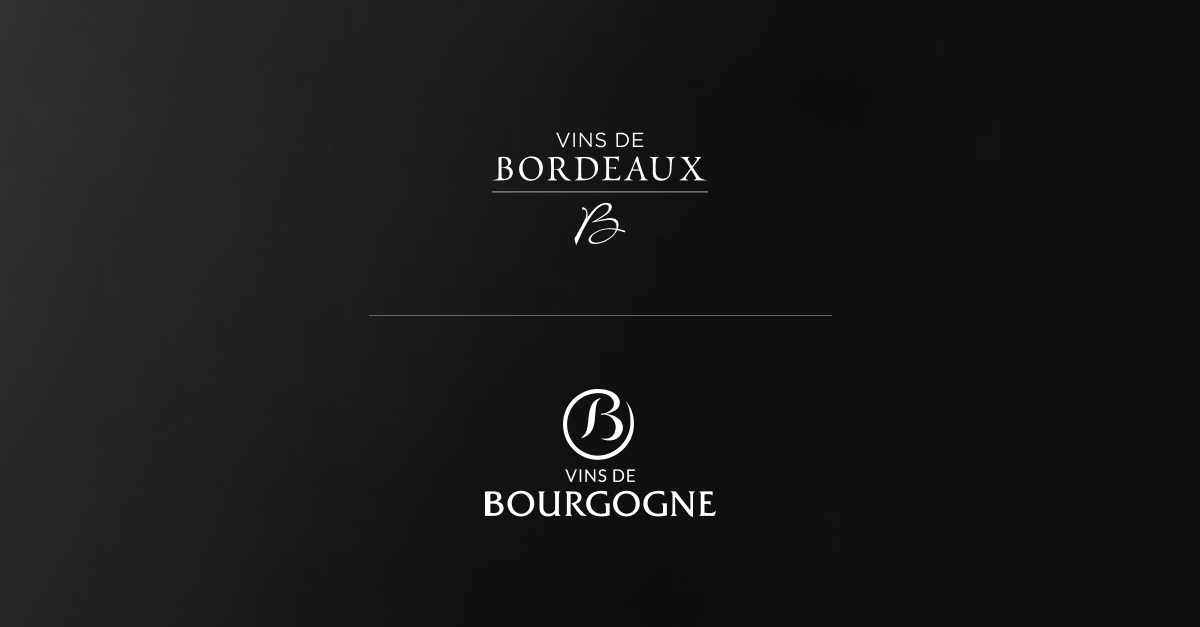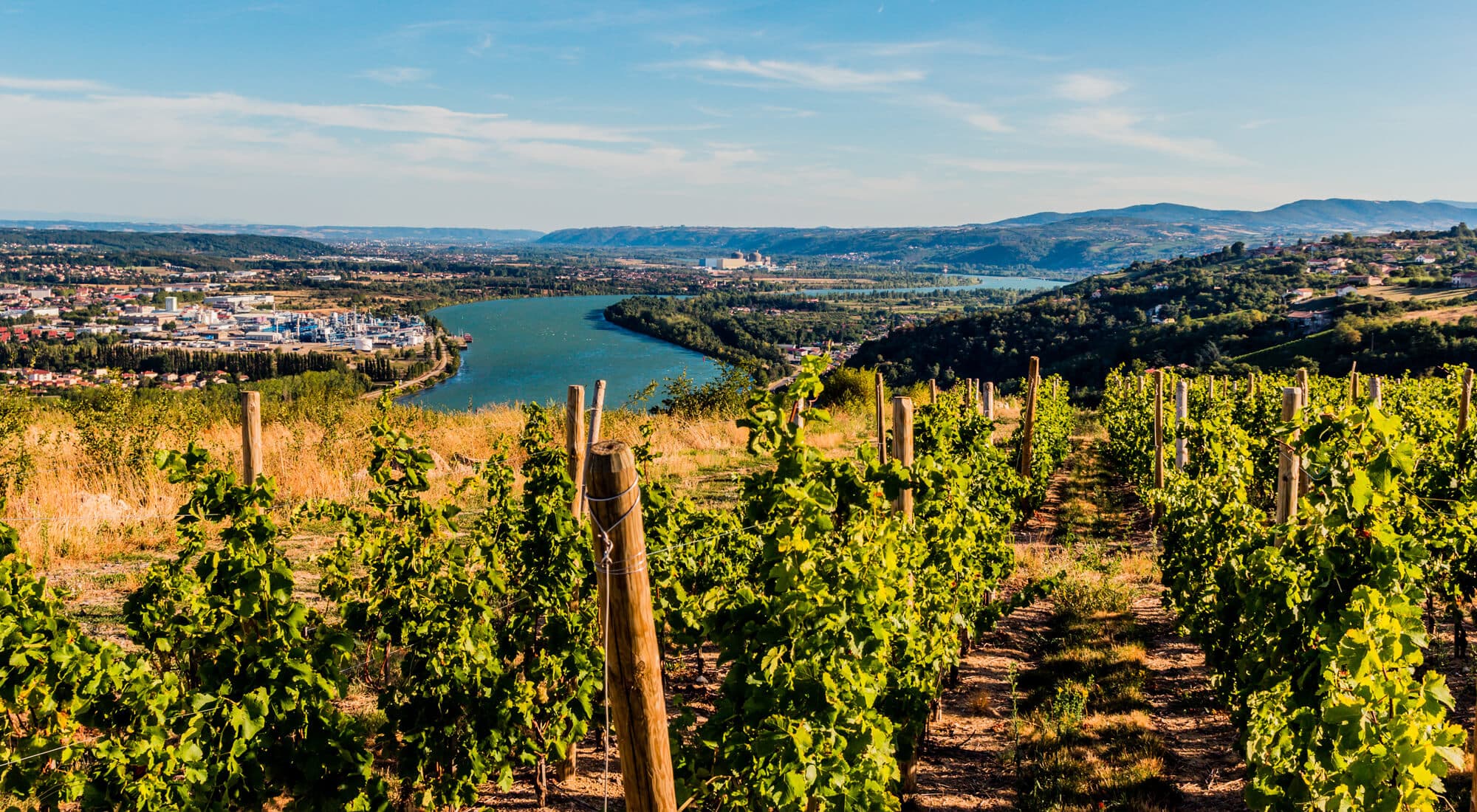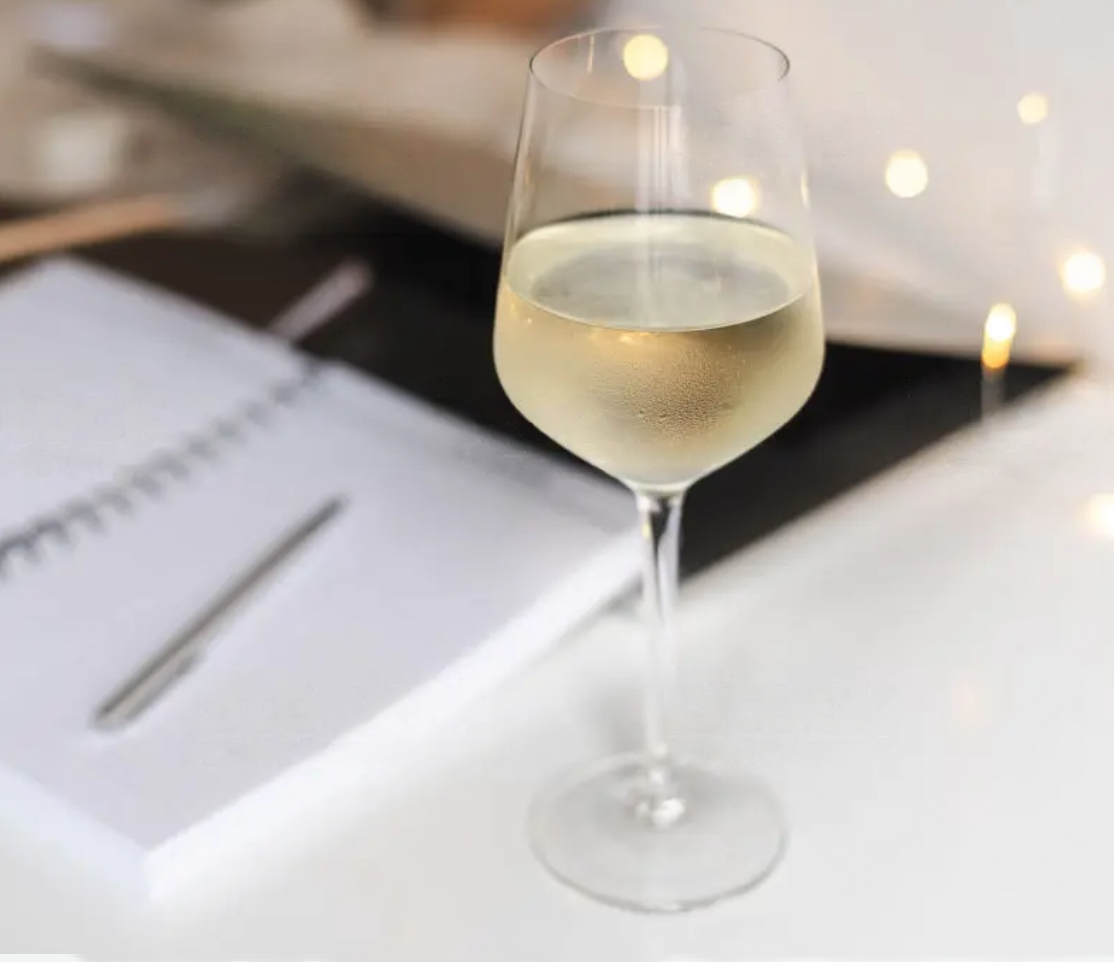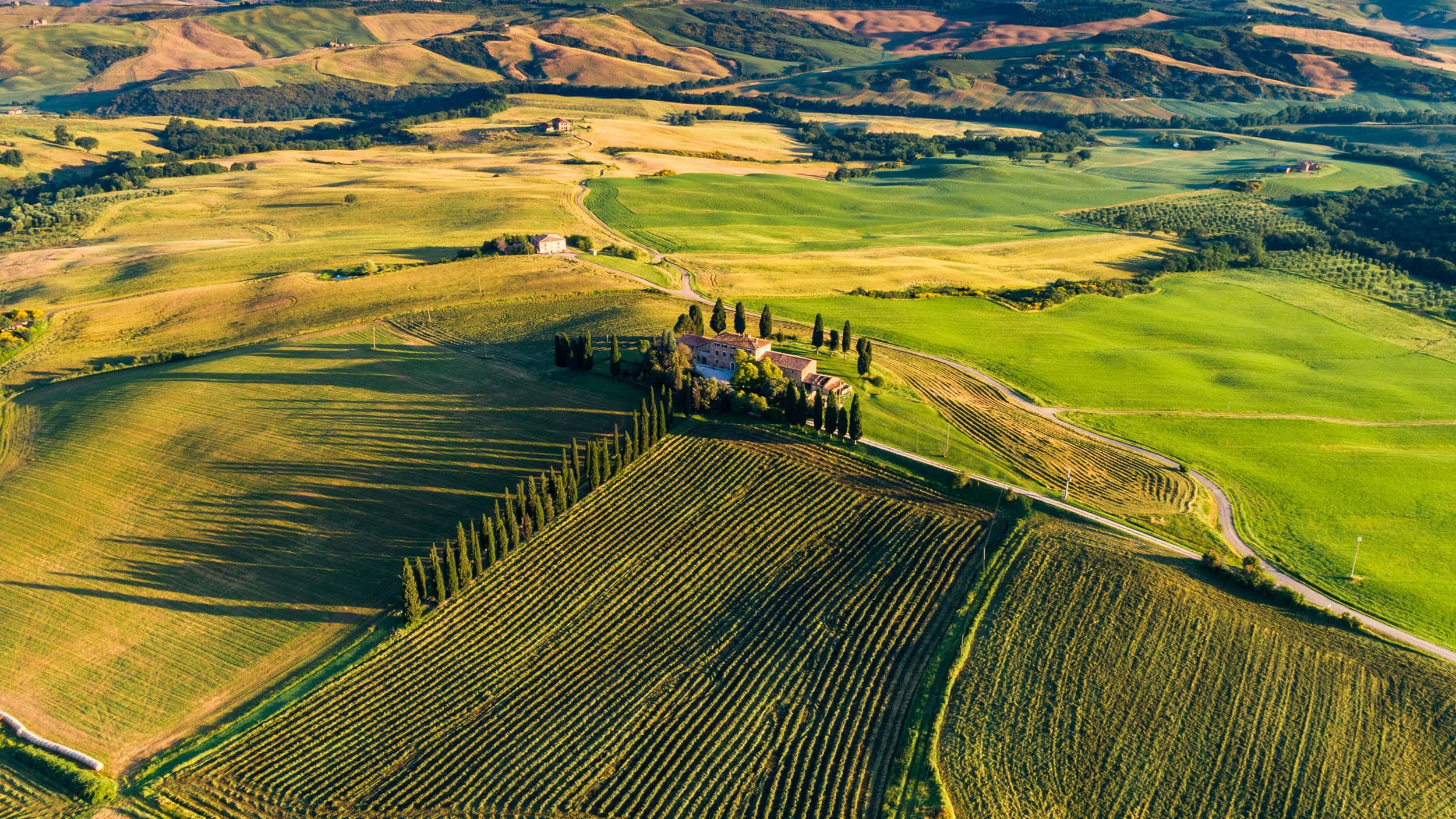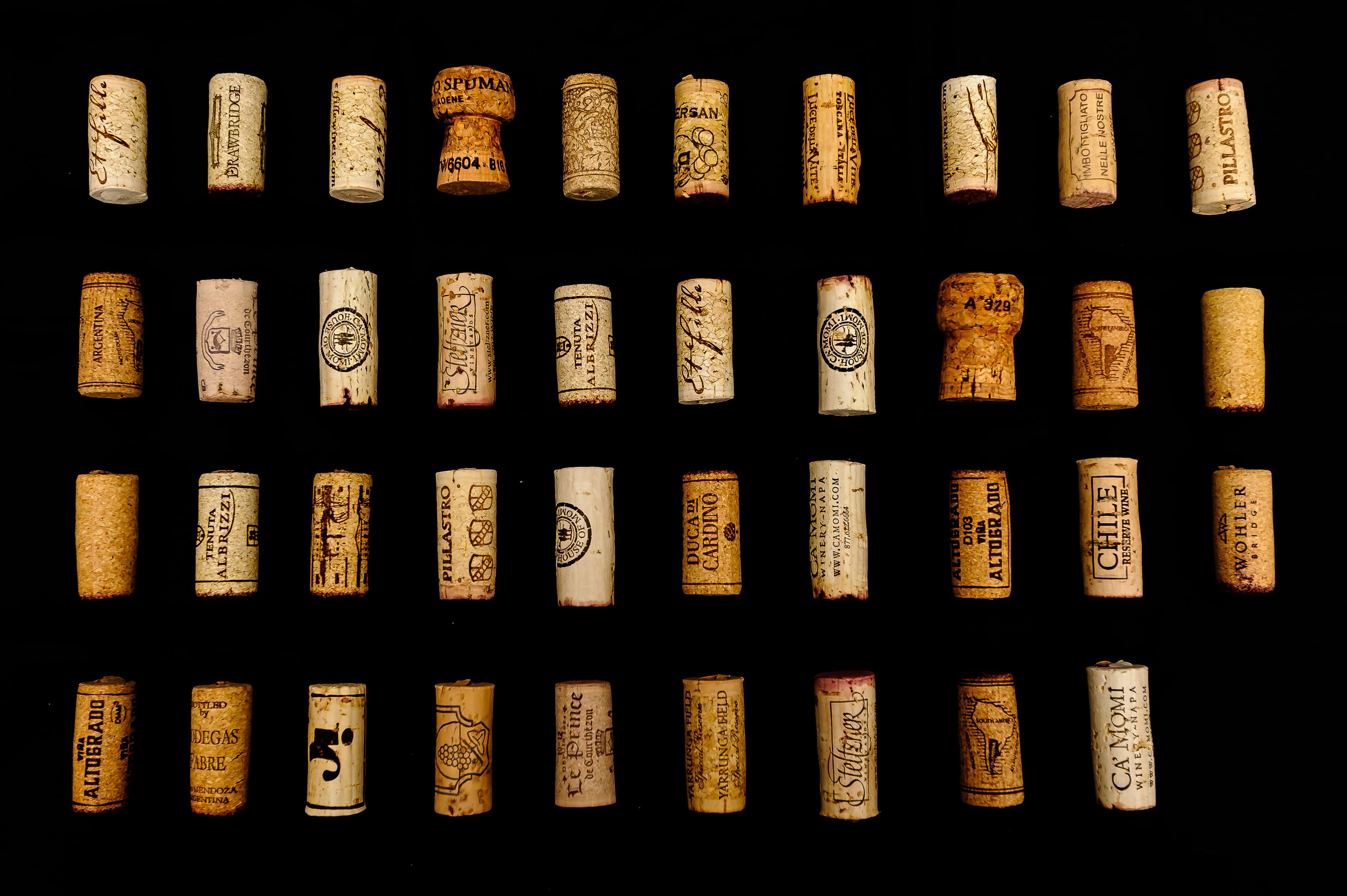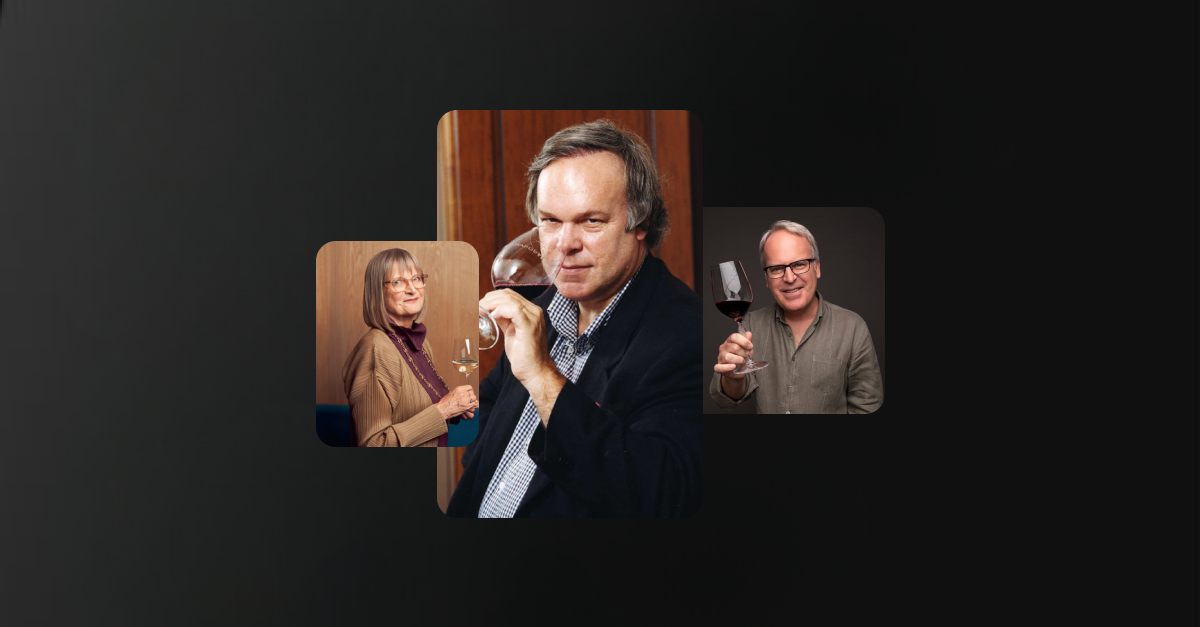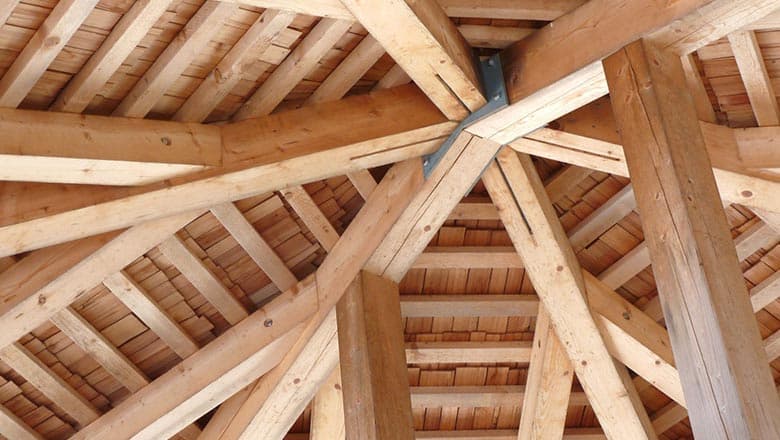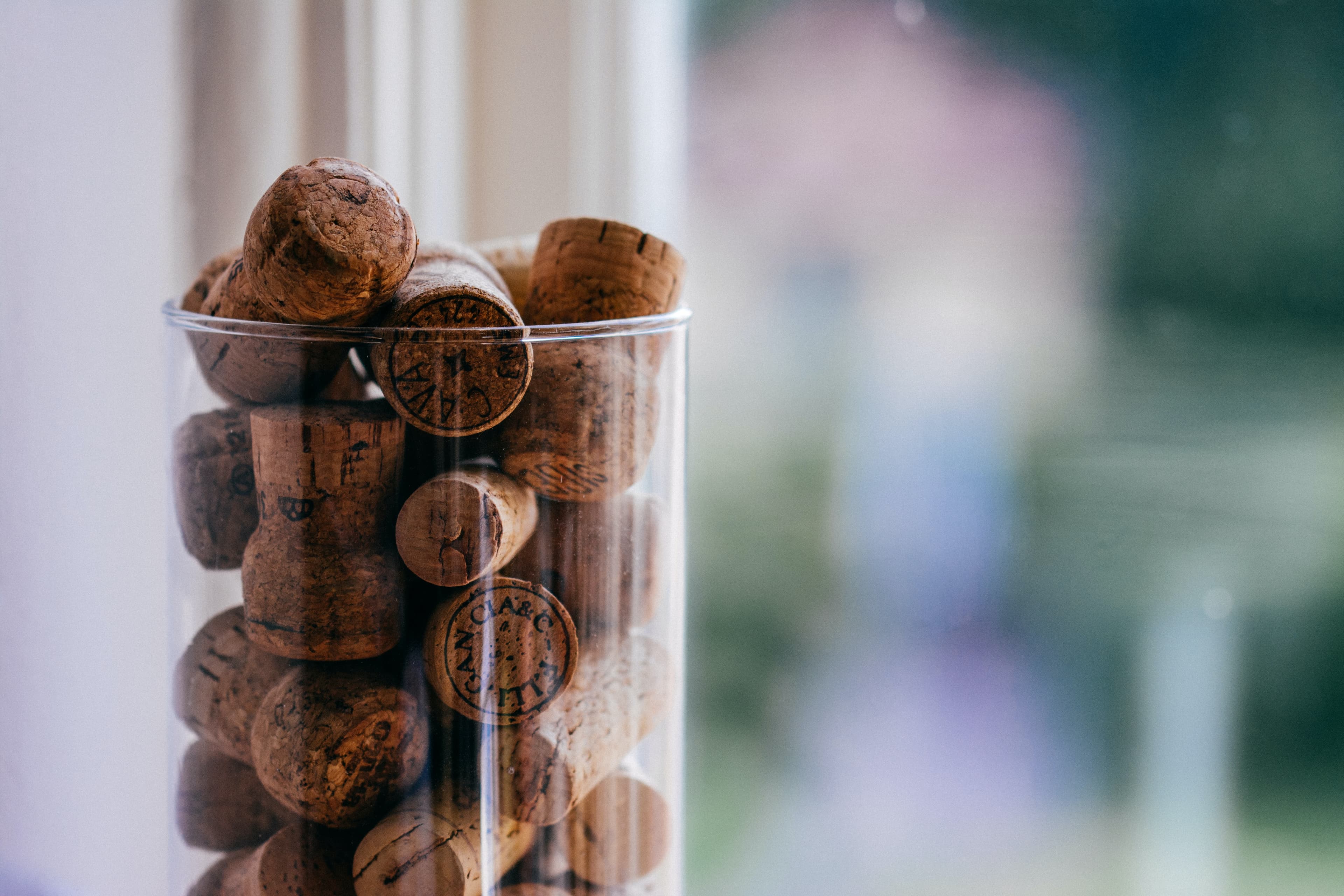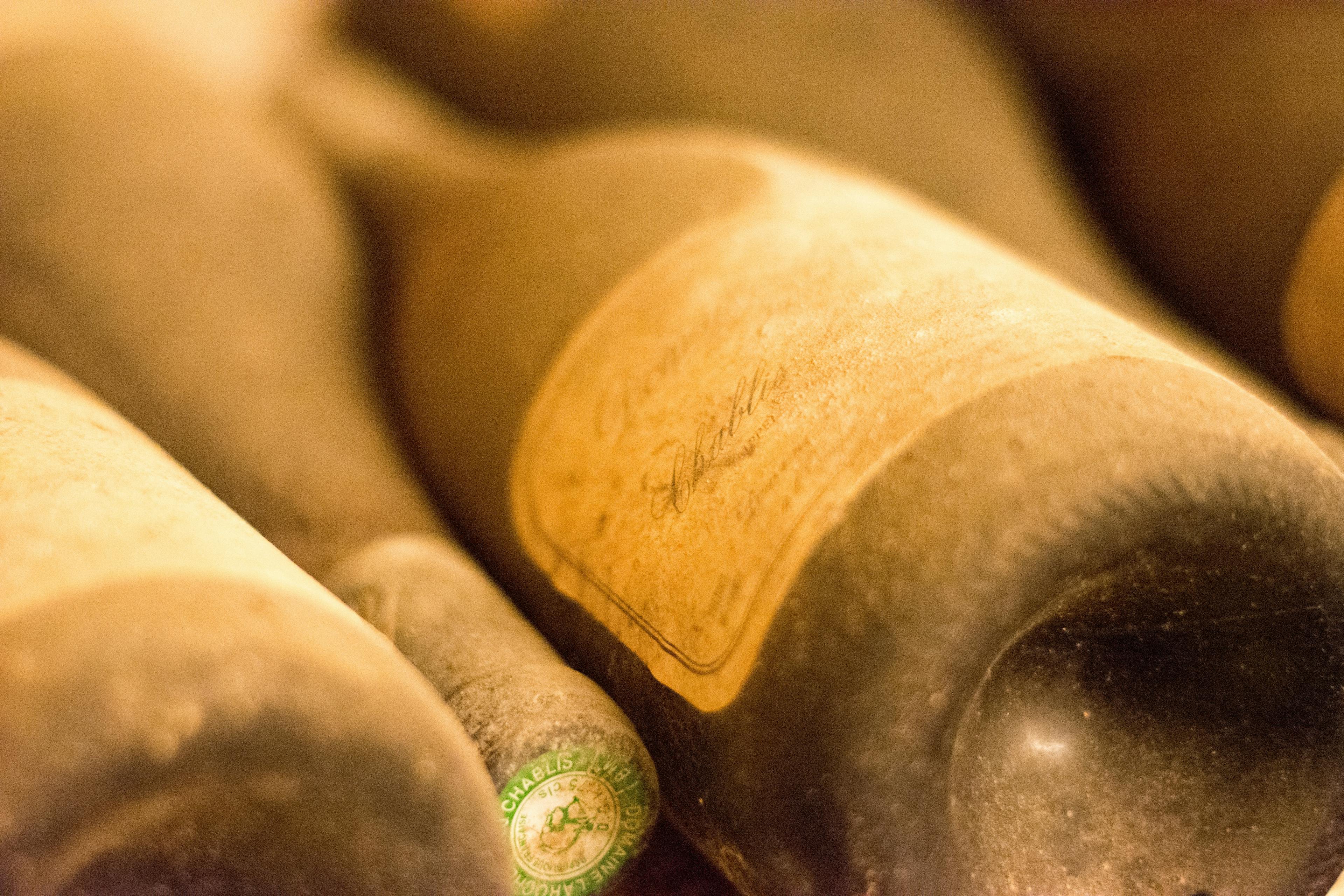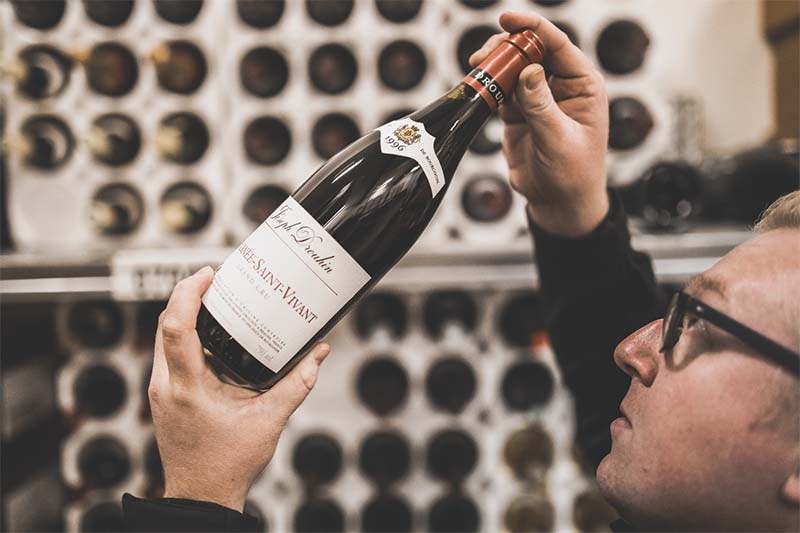What Makes Bollinger Unique Among Champagne?
11 min read
Head of Content

Champagne enthusiasts often praise the distinct and refined qualities of Bollinger, a name synonymous with excellence in the world of sparkling wines. This article delves into what makes Bollinger stand out among its peers in the Champagne region. From its rich history to its meticulous production processes, Bollinger embodies a commitment to quality and tradition that is evident in every bottle. As we explore the unique aspects of Bollinger, we'll uncover the secrets behind its prestigious reputation and why it remains a favorite among connoisseurs.
The History and Heritage of Bollinger
Bollinger, a name synonymous with premium Champagne, boasts a rich heritage that dates back to 1829. Founded by Jacques Bollinger and Paul Renaudin, this esteemed house has remained family-owned, which is a rarity in the Champagne industry. Over the years, Bollinger has maintained its traditional methods while also embracing innovation, ensuring the highest quality in every bottle.
Family Continuity: The management of Bollinger has been passed down through generations, preserving its unique family-driven approach.
Vineyard Ownership: Unlike many other houses, Bollinger owns a significant portion of its vineyards, providing greater control over grape quality.
Barrel Fermentation: Bollinger is one of the few houses that still uses oak barrels for fermenting its wines, a method that adds distinct complexity and depth.
Time-Honored Techniques: Extended aging on lees and manual riddling are practices that continue to set Bollinger apart from its competitors.
These elements contribute to the distinctiveness of Bollinger, making it not just a Champagne, but a legacy of unmatched quality and dedication.
Unique Grape Blends Used in Bollinger
Bollinger stands out in the Champagne world largely due to its distinctive grape blends. Unlike many other houses that rely heavily on a single type of grape, Bollinger emphasizes a complex mix, which includes a significant proportion of Pinot Noir. This variety is known for its depth and structure, providing a robust framework for each bottle.
Pinot Noir: Predominantly used, it offers body and power, which are characteristic of Bollinger’s rich, muscular style.
Chardonnay: Added for its ability to impart finesse, lightness, and elegance, balancing the robustness of Pinot Noir.
Meunier: Though less common, it contributes fresh, fruity notes that enhance the overall complexity of the blend.
This strategic combination ensures that each sip delivers a multi-layered experience, appealing to those enjoying Bollinger’s unique character. The house also utilizes grapes from its own vineyards, which is relatively rare in Champagne, allowing for greater control over the quality and style of the final product. This meticulous attention to detail in grape selection and blending is what sets Bollinger apart as a premier Champagne producer.
Bollinger's Distinctive Fermentation Process
Bollinger's distinctive fermentation process sets it apart in the world of Champagne, primarily due to its commitment to craftsmanship. This revered brand utilizes only the highest quality first press juice for its cuvées, a practice not universally adopted in the industry. Additionally, Bollinger is one of the few houses that ferments its wines in oak barrels, a method that imparts complex, woody flavors and a rich texture that is hard to replicate.
Use of Oak Barrels: Aging in oak allows the wine to develop a deeper, more intricate flavor profile. This technique enhances the structural complexity of Bollinger Champagnes, making them highly sought after.
Extended Lees Aging: Bollinger exceeds the minimum aging requirements set by the Champagne appellation. By allowing their wines to mature on lees for a period significantly longer than the norm, they ensure a finer effervescence and a silkier mouthfeel.
Reserve Wines: A substantial reserve of wines aged in magnums is maintained and used in the blend, contributing to the consistency and distinctive character of Bollinger's annual releases. This practice enriches the bouquet and adds layers of flavor that distinguish their Champagnes from others.
The Role of Oak Barrels in Bollinger's Uniqueness
Bollinger's use of oak barrels plays a pivotal role in defining its distinctive taste. Unlike many other champagne houses that rely solely on stainless steel vats, Bollinger ferments all of its vintage wines and a portion of its non-vintage wines in these traditional containers. This method imparts a unique complexity and depth to the champagne, setting it apart from others in the region.
Enhanced Aromatics: Oak barrels contribute to the development of richer, more nuanced aromas in the wine. Notes of vanilla, spice, and toast blend seamlessly with the natural fruitiness of the grapes.
Oxidative Aging: The slight permeability of oak allows for a controlled exposure to oxygen, which helps mature the wine more gracefully. This oxidative process enhances the wine's robustness and texture.
Integration of Tannins: Tannins from the oak subtly integrate with the wine, adding structure and longevity. This results in a champagne that not only tastes better but also has a greater aging potential.
Thermal Regulation: Wood acts as a natural insulator. During fermentation, it helps maintain a steady temperature, which is crucial for the consistency and quality of the wine.
By carefully managing these aspects, Bollinger ensures that each bottle offers a remarkable and memorable experience.
Bollinger's Commitment to Sustainability
Bollinger's approach to sustainability is deeply integrated into its production processes, reflecting a commitment to environmental stewardship that sets it apart in the champagne industry. This prestigious house focuses on several key areas to ensure their practices not only produce superior champagne but also contribute positively to the environment.
Organic Practices: Bollinger manages a significant portion of its vineyards using organic methods, avoiding synthetic pesticides and fertilizers to maintain soil health and biodiversity.
Carbon Footprint Reduction: Efforts to reduce greenhouse gas emissions are comprehensive, including upgrading facilities and processes to be more energy-efficient and investing in renewable energy sources.
Water Management: Water preservation initiatives are critical, with systems designed to minimize waste and promote recycling wherever possible.
Local Sourcing: To decrease transportation emissions and support the local economy, Bollinger prioritizes sourcing from nearby suppliers.
For those looking to enjoy Bollinger with minimal environmental impact, understanding how to store it properly is crucial. Proper storage ensures the champagne maintains its quality and integrity, without unnecessary waste.
Limited Production: Ensuring Quality Over Quantity
Bollinger's commitment to maintaining high standards is evident in its approach to production. By limiting the number of bottles produced annually, the winery ensures each batch meets its stringent quality criteria. This selective process not only enhances the exclusivity but also the overall excellence of their champagne. Such meticulous attention to detail is particularly crucial when crafting their popular vintages.
Handpicked Grapes: Only the best grapes from premier vineyards are chosen, emphasizing the importance of superior raw materials.
Extended Aging: Bollinger exceeds the region's legal aging requirements, giving their champagne remarkable complexity and depth.
Use of Oak Barrels: Unlike many other producers who solely use stainless steel, Bollinger ferments in oak barrels, adding unique flavors and textures to their final product.
Low Dosage: Keeping the sugar levels minimal allows the natural qualities of the wine to shine through, appealing to those who prefer a purer taste profile.
This philosophy of 'quality over quantity' not only preserves the unique character of each vintage but also solidifies Bollinger's reputation among connoisseurs worldwide.
The Influence of Bollinger's Vineyard Locations
The influence of Bollinger's vineyard locations on its distinctive champagne cannot be overstated. Nestled in the heart of the Champagne region, Bollinger benefits from a variety of terroirs that contribute to the complexity and richness of its wines. The vineyards are primarily situated in Aÿ, a village renowned for its Pinot Noir grapes, which impart depth and structure to the champagne. Additionally, Bollinger owns plots in other Grand Cru villages such as Verzenay and Cramant, where Chardonnay vines add elegance and finesse.
Aÿ's Pinot Noir: Provides robustness and a deep flavor profile, essential for the signature Bollinger style.
Verzenay's Microclimate: Influences the acidity and aromatic potential, enhancing the freshness in the champagne.
Cramant's Chardonnay: Offers a delicate balance, contributing to the silky texture and longevity of the wine.
Each location is carefully managed to ensure sustainable viticulture practices, preserving the natural environment and enhancing the quality of the grapes. For more detailed facts about how Bollinger's specific vineyard locations influence their champagne production, exploring the individual characteristics of each site reveals much about their unique approach to winemaking.
Innovations in Champagne Making at Bollinger
Bollinger has long been synonymous with pioneering methods in the realm of Champagne production. This esteemed house distinguishes itself through a series of innovative practices that enhance both the quality and uniqueness of its bubbly offerings. One notable innovation is the use of oak barrels for fermentation. Unlike many other producers who rely solely on stainless steel, Bollinger ferments a significant portion of its base wines in old oak barrels, which imparts additional complexity and a distinct character to the final product.
Another groundbreaking approach involves the preservation of reserve wines. Bollinger maintains a vast collection of reserve wines in magnums, which are kept under cork and used in their non-vintage blends. This method not only ensures consistency across vintages but also adds a rich depth that is hard to find in other champagnes.
To fully appreciate the nuances brought about by these innovations, it is essential to serve Bollinger correctly. The right temperature and glassware can significantly enhance the tasting experience, allowing the intricate flavors and aromas to unfold beautifully.
Celebrity Endorsements and Historical References
Celebrity endorsements and historical references significantly enhance the allure of Bollinger Champagne, making it a standout choice for many. Esteemed figures and iconic characters in film have frequently been seen enjoying a glass of Bollinger, thereby cementing its status as a luxurious and desirable brand. For instance, James Bond, a symbol of sophistication and high taste, has chosen Bollinger in several movies, which has undoubtedly boosted its appeal to a global audience.
Moreover, Bollinger's rich history, dating back to 1829, adds a layer of authenticity and prestige. The brand's commitment to maintaining traditional methods while embracing innovation is often highlighted in documentaries and interviews, further piquing the interest of wine enthusiasts and historians alike.
For those looking to fully experience Bollinger, exploring food pairings can elevate the tasting experience. Ideal matches include:
Smoked salmon, which complements the champagne's crispness.
Creamy cheeses that balance its structured acidity.
Charcuterie, enhancing the depth of flavors.
Light pastries, perfect for a sophisticated brunch.
These pairings not only enhance the flavors but also celebrate the champagne's distinguished character and heritage.
How Bollinger Compares to Other Top Champagnes
Bollinger stands out in the crowded field of luxury champagnes due to several distinctive features. First, this esteemed brand emphasizes the use of Pinot Noir grapes, which account for over 60% of its blend, imparting a robust structure and depth of flavor that is notably different from many of its competitors. This grape variety is renowned for contributing to the body and complexity of the champagne.
Additionally, Bollinger employs traditional fermentation techniques in oak barrels, a practice not commonly used by other major champagne houses. This method enhances the wine's aromatic complexity and offers a unique texture that sets it apart from those using only stainless steel fermentation processes.
Another significant aspect of Bollinger's distinctiveness is its dedication to aging its champagnes for a period that far exceeds the minimum requirements set by the Appellation d'Origine Contrôlée (AOC). For instance, their non-vintage varieties are aged for a minimum of three years, and vintage bottles even longer, ensuring enhanced depth and flavor integration.
Pinot Noir Dominance: Provides robust structure and complex flavors.
Oak Barrel Fermentation: Adds unique aromatic complexity and texture.
Extended Aging: Ensures greater depth and integration of flavors.
These practices collectively contribute to Bollinger's reputation as a producer of rich, sophisticated champagnes that are both distinctive and highly sought after by connoisseurs around the globe.
Conclusion
In conclusion, Bollinger stands out in the crowded world of Champagne not only through its rich history and adherence to traditional methods but also through its distinctive style and commitment to quality. The use of high-quality grapes, a majority from premier and grand cru vineyards, and the practice of fermenting in oak barrels, set Bollinger apart from its competitors. Additionally, its significant investment in maintaining a reserve of magnum bottles for blending ensures the complexity and consistency of its cuvées.
For enthusiasts looking to invest in Bollinger, or any fine Champagne, understanding these unique factors is crucial. At Rekolt, we recognize the importance of not only providing a platform to purchase such exquisite wines but also offering a professional storage solution. This service ensures that the integrity and value of the wine are preserved, making it easier for collectors and investors to store, resell, or trade their wines without compromising on quality. Whether you are a seasoned collector or a new enthusiast, Rekolt’s combination of a fine wine marketplace and professional cellar services offers a comprehensive solution to meet all your wine investment needs.
Share this article
